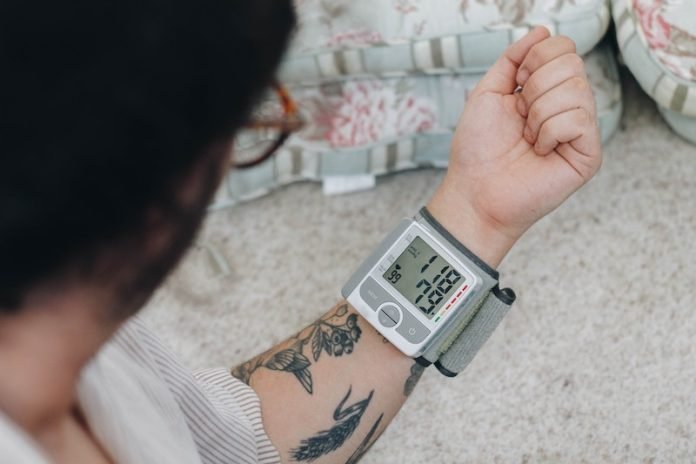
Diuretics, also known as water pills, are medications commonly prescribed to treat high blood pressure (hypertension).
They work by increasing the amount of salt and water excreted from the body, which in turn reduces the amount of fluid in the blood vessels, leading to a decrease in blood pressure.
In this article, we will explore the best diuretics for high blood pressure, how quickly they lower blood pressure, what to avoid when taking diuretics, who should not take them, whether you should drink more water while taking diuretics, the most common side effects, and their impact on the kidneys.
What is the best diuretic for high blood pressure?
The three most commonly used diuretics for treating hypertension are thiazide diuretics, loop diuretics, and potassium-sparing diuretics.
Thiazide diuretics are usually the first choice for treating hypertension, as they are effective at lowering blood pressure and have a low risk of side effects.
Examples of thiazide diuretics include hydrochlorothiazide and chlorthalidone.
Loop diuretics, such as furosemide, are more powerful than thiazide diuretics but are typically reserved for people with more severe hypertension or heart failure.
Potassium-sparing diuretics, such as spironolactone and eplerenone, are used in combination with other diuretics to prevent potassium loss.
How quickly do diuretics lower blood pressure?
Diuretics can lower blood pressure quickly, usually within a few hours of taking the medication. However, it may take several weeks to achieve the full effect of the medication.
What to avoid when taking diuretics?
When taking diuretics, it is important to avoid excessive salt intake, as this can interfere with the medication’s ability to lower blood pressure.
It is also important to avoid alcohol, as it can increase the risk of dehydration and lower blood pressure too much.
People taking diuretics should also avoid taking nonsteroidal anti-inflammatory drugs (NSAIDs) such as ibuprofen, as they can interfere with the medication’s effectiveness.
Who should not take diuretics?
People with certain medical conditions, such as kidney disease, liver disease, gout, or an allergy to sulfa drugs, should not take diuretics.
Diuretics may also interact with other medications, so it is important to inform your doctor of all medications you are taking before starting diuretics.
Should you drink more water when taking diuretics?
Yes, it is recommended to drink more water when taking diuretics, as the medication can cause dehydration and electrolyte imbalances.
Drinking enough water can help prevent these side effects and keep the body properly hydrated.
What is the most common side effect of diuretics?
The most common side effect of diuretics is frequent urination. Other common side effects include dehydration, electrolyte imbalances, low blood pressure, muscle cramps, and increased blood sugar levels.
Do diuretics harm your kidneys?
Diuretics are generally safe for people with normal kidney function.
However, in people with pre-existing kidney disease, high doses of diuretics can worsen kidney function and lead to further kidney damage.
It is important to discuss any concerns about kidney function with your doctor before starting diuretics.
Diuretics are effective medications for treating high blood pressure.
Thiazide diuretics are typically the first choice for treating hypertension, as they are effective and have a low risk of side effects.
Diuretics can lower blood pressure quickly, but it may take several weeks to achieve the full effect of the medication. When taking diuretics, it is important to avoid excessive salt intake, alcohol,
While diuretics can be effective for treating high blood pressure, it is important to work closely with a healthcare provider to determine the best course of treatment for individual needs and to monitor for any potential side effects.
It is also important to maintain a healthy lifestyle, including regular physical activity, a balanced diet, and avoiding smoking and excessive alcohol consumption, to help manage high blood pressure.
With proper management and treatment, high blood pressure can be controlled, reducing the risk of serious complications such as heart attack and stroke.
If you care about blood pressure, please read studies about cannabis linked to blood pressure reduction in older people, and how herb medicines reduce high blood pressure
For more information about health, please see recent studies about how to live with high blood pressure, and results showing scientists find new way to treat high blood pressure.
Copyright © 2023 Knowridge Science Report. All rights reserved.



